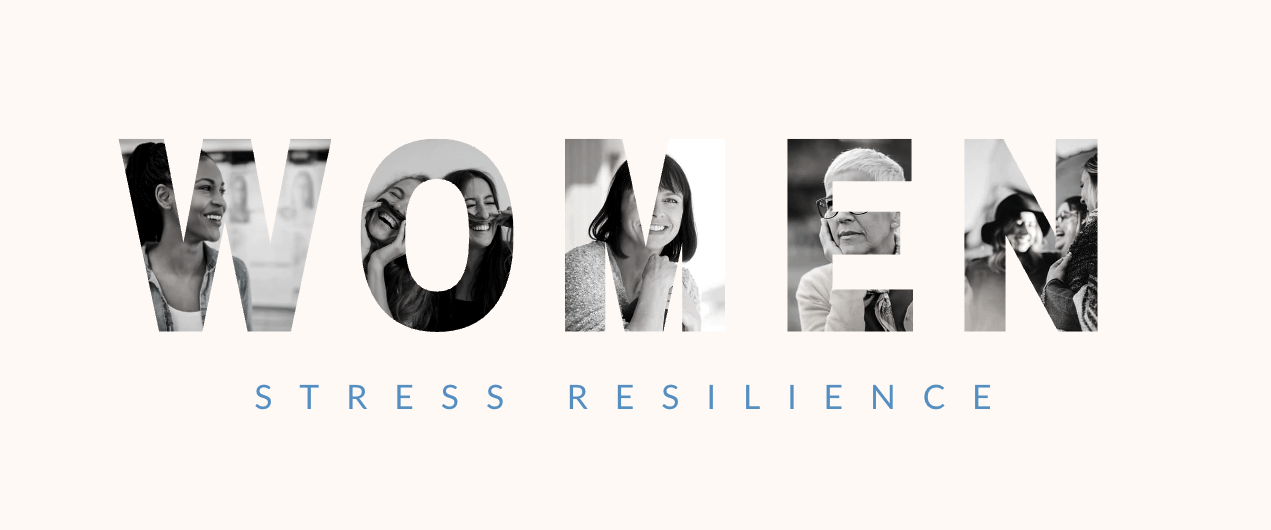Most problems fall into three categories:
- Your relationship with yourself
- Your relationships with others
- Your relationship with the world or life
At Conscious Living Counseling & Education Center, I specialize in all aspects of anxiety management while also helping adults through life’s broader relational challenges.
The world is experiencing rapid transformation. Change is happening in our personal lives, workplaces, and relationships. Today, more than ever, we benefit from good emotional and mental health.
With all these changes, we crave seamless flow. That mental state where life progresses forward with more ease. Versus feeling stuck, burdened, overwhelmed, anxious, unsafe, and swamped by the global buzz.
Occasionally, the mind gets immobilized and struggles to regain balance. This feeling of being stuck can present as uncertainty, self-doubt, boredom, grief, sadness, anger, or the desire to avoid or escape. Does that resonate with you?
Counseling helps in the self-healing process so you can reclaim a sense of flow and equilibrium.
Q: “But I’m ok some days. Is counseling worth the time and energy?”
100% yes. Investment in your mental and physical well-being is an investment in yourself. Not feeling like yourself can increase stress and lead to anxiety or low mood.
For women, ongoing perceived stress impacts hormone health and mental health. Building resilience offers several benefits – a stronger sense of self, reduced blood pressure, improved heart health, the capacity to handle intense thoughts and emotions, access to humor and optimism about the future, stronger support networks, and healthier daily habits.
And the same holds for men. Your mental and physical health are deeply connected. You deserve a reserved space to release and untangle it all.
Think about the times when you feel less resilient. Bouncing back from the little stressors becomes challenging; everything feels serious, habits get less healthy, and relationships suffer. Nothing is in flow.
You deserve better. I’ll help you follow a practical, logical sequence to build resilience skills:
- First, Discovery, how are you doing? What’s working well? What feels stuck?
- Then, strengthen your awareness of your emotional response to stressors (it seems obvious, but this often goes unnoticed).
- Enhance your ability to engage in thinking habits and identify needs.
- Practice until you shift from merely reacting to thriving.
- Increase flexible thinking and problem-solving skills.
- Understand how to apply these skills to increase traction toward your goals.
These skills are the foundation of mental health and stress resilience.
Q: “What if I don’t know what I want to talk about for sure? I just feel off.”
Think about it for a minute. Where are you struggling? Take out a piece of paper and look at the core areas of your life. Where do you believe you’re thriving, and in what areas do you feel overwhelmed or anxious?
- How would you describe your thinking patterns right now? Are they fluid or sticky?
- How are your relationships? Are you surrounded by people who care about you and have your best interests in mind?
- Is how you’re using your time serving you well? Or do you feel overwhelmed with little traction?
- How’s your sleep and overall health?
- Are you aware of your needs and healthily engaging with your needs?
- Do you ask for what you need from your support in a healthy way?
- Do you lack support? What’s a contributing factor?
- Did something happen that’s still bugging you?
Did anything come to the surface?
While exploring the site, please remember you don’t need “a reason” to schedule.
If you believe you would benefit from talking to another adult, privately and confidentially, about what’s happening in your life, that’s enough.
Women needing additional support can join our executive function Group, Move Forward, a group for women with fast minds and time blindness.
CLC offers a time & personal management program for women taking the next step in their growth journey for anxiety and ADHD. (We support men too – call the clinic for more info.)
Why time management? Because most people don’t get these skills in early development. It can deeply impact your ability to self-direct and reach your goals. Keeping you stuck in deep emotions like shame, frustration, and anxiousness.
Training Program:


